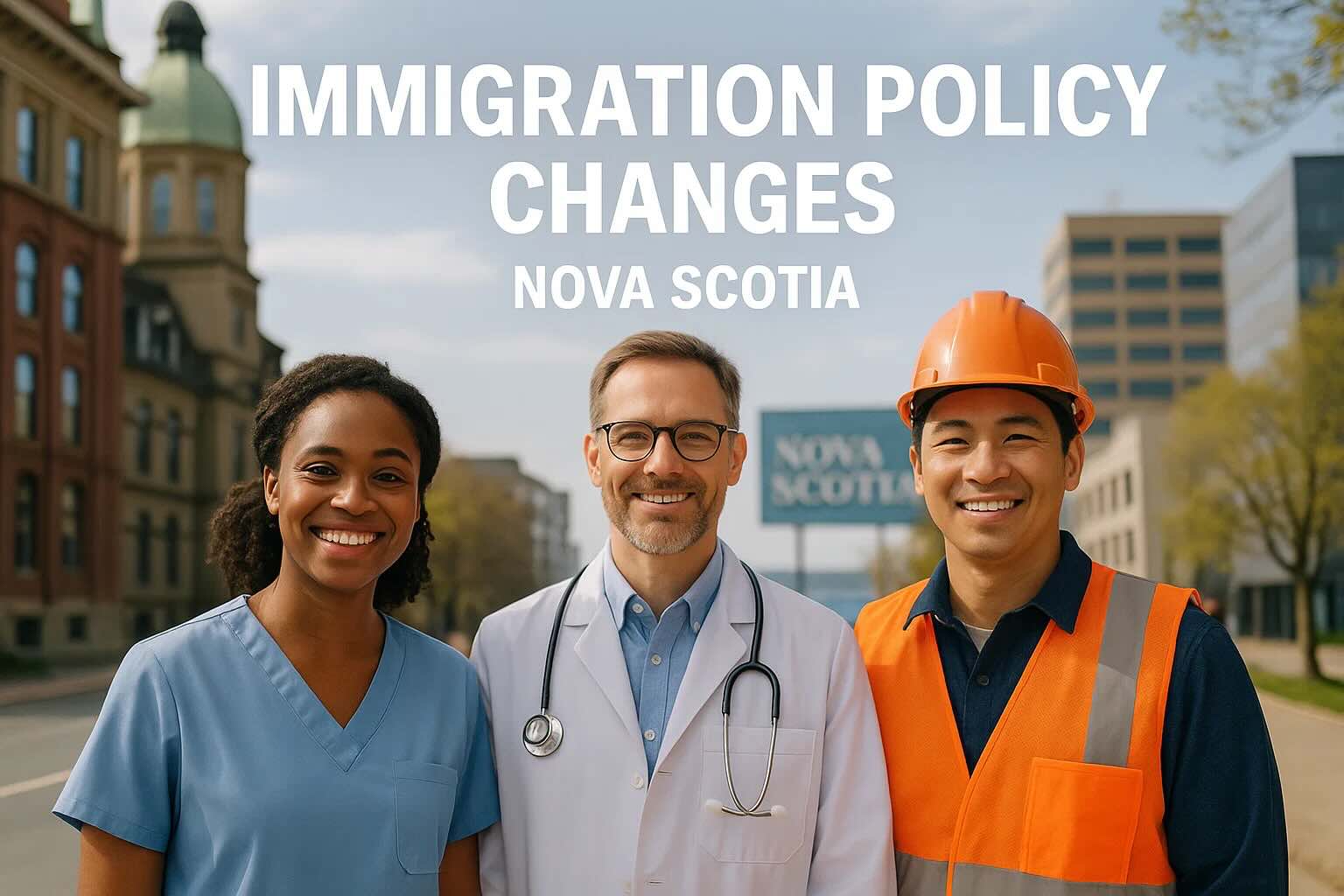1. Increased Importance of Express Entry in Overall Immigration Targets
In 2025, Express Entry will play a larger role in Canada’s overall immigration targets. According to the federal government’s latest plans, the intake target for federal economic immigration programs will rise from 110,770 in 2024 to 124,590 in 2025, while the overall immigration target will decrease by 20% compared to 2024. This indicates a significant increase in the weight of Express Entry within the immigration system.
In 2025, the allocation for the Federal High-Skilled (FHS) category under Express Entry will be divided into two new subcategories: “In-Canada Focus” and “Federal Economic Priorities”, together accounting for 31.5% of the total immigration target, up from 22.8% in 2024. Meanwhile, the allocation for the Provincial Nominee Program (PNP) will be drastically reduced to 55,000 (down from 110,000 in 2024). This highlights that Express Entry will become the main pathway for skilled immigrants to Canada.
2. Removal of CRS Points for Job Offers: Challenges and Opportunities
Starting in spring 2025, the Express Entry system will no longer provide CRS (Comprehensive Ranking System) points for valid job offers. This adjustment is considered a temporary measure, with no end date announced yet.
Currently, candidates with valid job offers can receive an additional 50 or 200 CRS points. With this policy change, many candidates’ CRS scores may drop, particularly those who rely on job offer points. As a result, candidates will need to place greater emphasis on core human capital factors such as language proficiency and work experience to remain competitive. While the immediate impact on CRS score thresholds is uncertain, it is expected that this adjustment will make Express Entry more inclined to select highly skilled immigrants with strong overall qualifications.
3. Division of the “Federal High-Skilled” Category into Two New Subcategories
From 2025, the “Federal High-Skilled” (FHS) category under Express Entry will be restructured into two subcategories:
| Category Name | Allocation Target | Eligible Candidates |
|---|---|---|
| In-Canada Focus | 82,890 | Candidates already in Canada, including CEC, Express Entry-linked PNP, FSWP, and FSTP applicants |
| Federal Economic Priorities | 41,700 | Candidates selected based on category-based draws, aligned with labor market needs and demographic goals, such as healthcare, trades, and French speakers |
This restructuring means the selection of Express Entry candidates will be more targeted. Specifically, the Federal Economic Priorities category will focus on addressing Canada’s labor market needs, with an emphasis on healthcare, skilled trades, and French proficiency.
4. Category-Based Selection Strengthens Labor Market Orientation
Category-based selection is a major highlight of the 2025 Express Entry system. According to the 2025-2027 Immigration Levels Plan, Canada will strengthen category-based draws in the following priority areas:
- Healthcare occupations
- Trades occupations
- French proficiency
Although category-based draws for healthcare and skilled trades were limited in 2024, they are expected to increase significantly in 2025 to meet Canada’s labor market demands. Additionally, Canada’s focus on French-speaking immigrants will continue to grow, with the goal of achieving 8.5% of total immigrants as French speakers in 2025, increasing to 9.5% in 2026.
Broader category-based selection will also include STEM professions, transportation occupations, and agricultural and food-related jobs. This demonstrates that the Express Entry system is increasingly focused on key sectors to support Canada’s economic and social development.
5. Conclusion
The changes to Express Entry in 2025 reflect a shift in Canada’s immigration policy from quantity expansion to quality optimization. The removal of job offer points and the emphasis on category-based selection indicate the government’s preference for selecting highly skilled talent with strong overall qualifications who can quickly integrate into the labor market. These changes present higher expectations for potential applicants while providing clearer guidance—language proficiency, professional skills, and cultural adaptability will become the core areas of competition in the future. For those seeking to immigrate to Canada through Express Entry, understanding these changes and planning ahead will be key to success.









